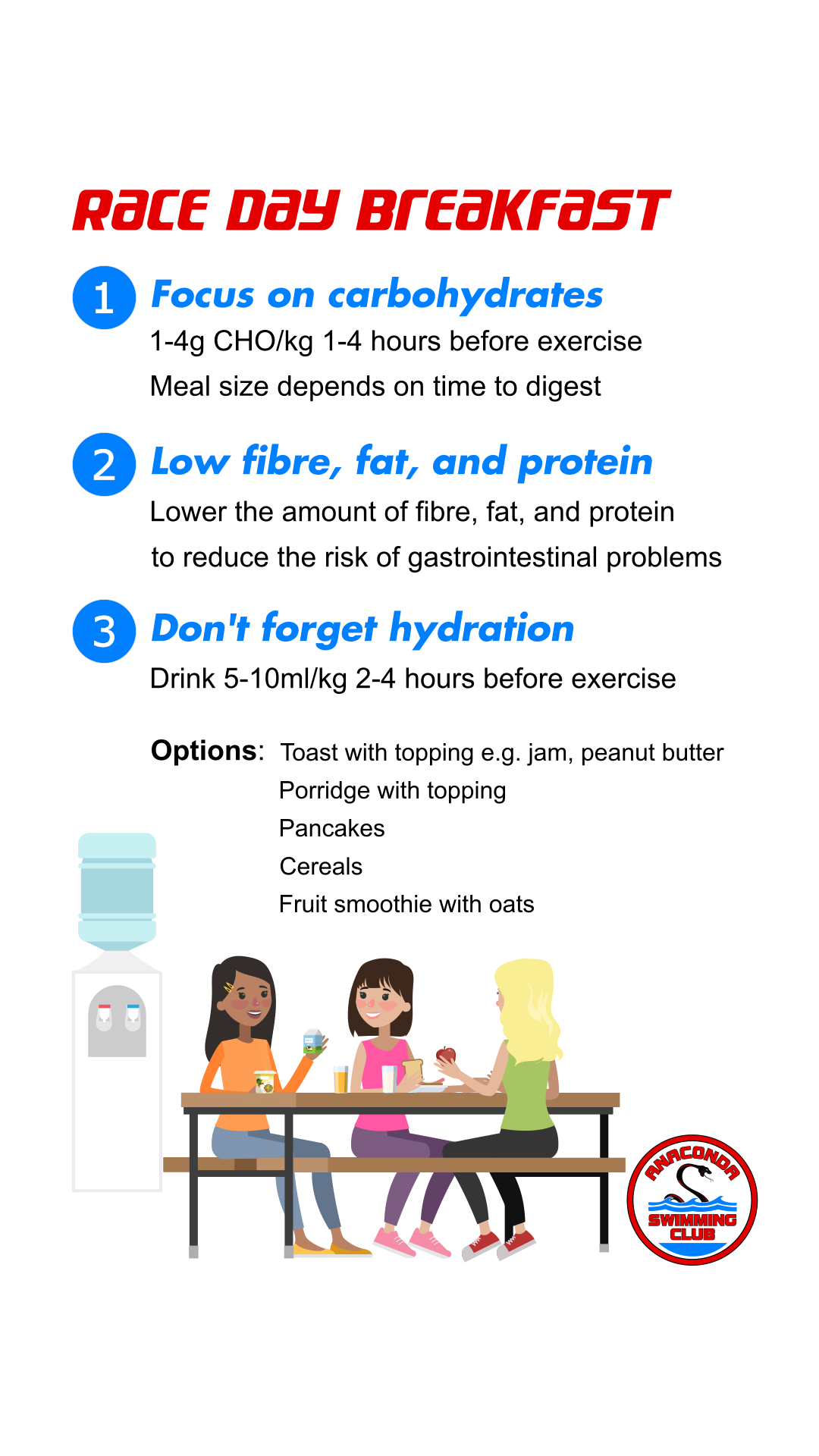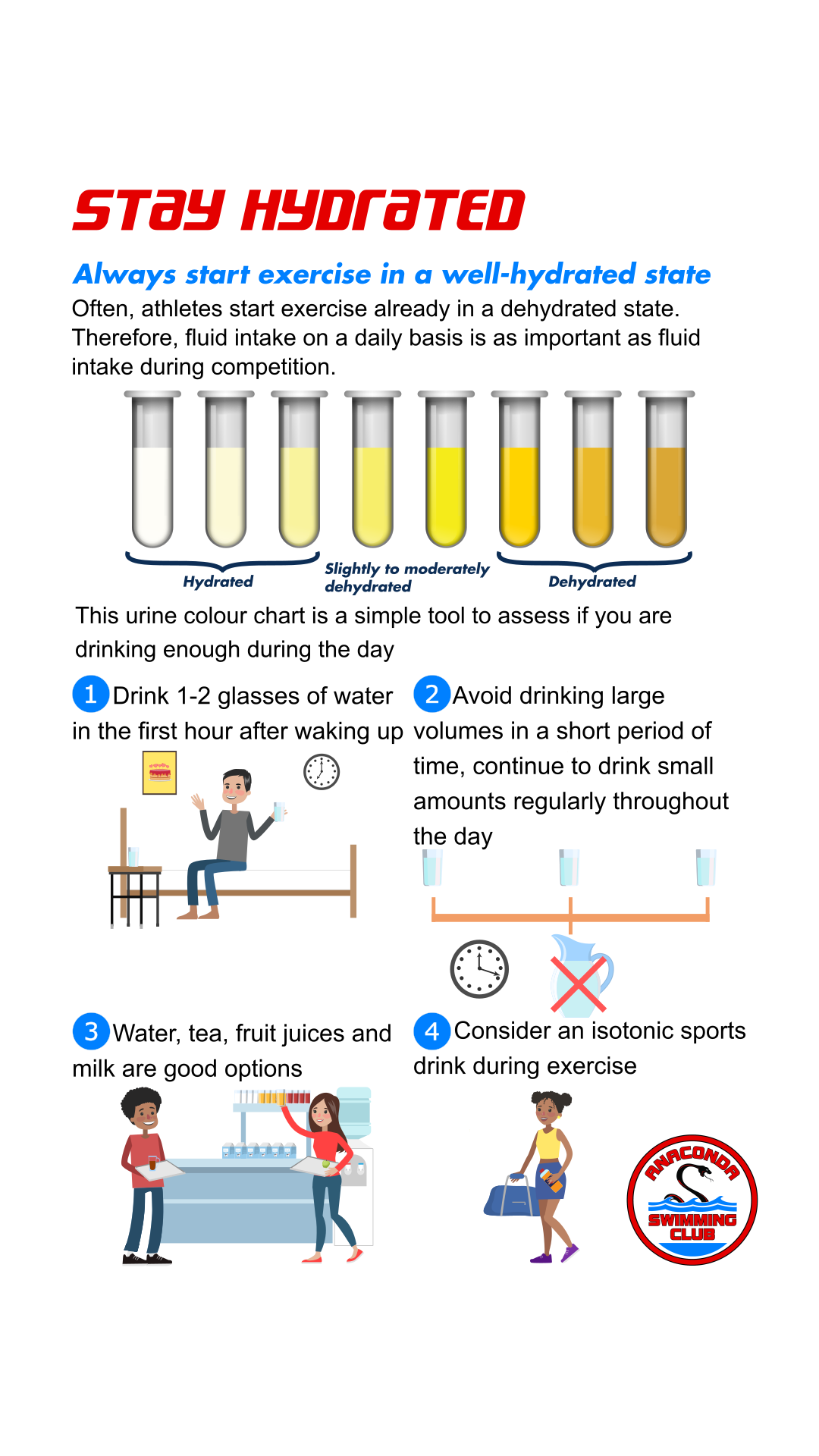Health & Fitness
Swimming and Asthma
“I was diagnosed with asthma at the age of seven just as I began swimming. I’ve managed it over the years by listening to my doctor and taking my preventer inhalers. I never train without my reliever inhaler by the side of the pool, just in case, but very rarely have any problems.”
— Karen Pickering, Former GB Olympic Swimmer
Swimming is usually an excellent form of exercise for children and young people with asthma. The warm humid air in the pool is less likely to trigger symptoms of asthma. However, this is not the case for everyone and chlorine and swimming in cold water can trigger some people’s asthma. To minimise the effect of cold air ensure that everyone is warmed up thoroughly and that they have taken their inhaler beforehand.
20% of the British Olympic Team in Athens 2004 had asthma.
Resoures on Swimming and Asthma:
Eating and Drinking

Whether you’re grabbing breakfast before school or choosing a snack after sports practice, make healthy choices from the MyPyramid Five Food Groups! Your body needs nutritious foods from all the MyPyramid food groups to grow and stay healthy.
Nutrition is the way in which the body receives the materials (food) it needs to continue to function. Poor nutrition can lead to health problems, whereas good nutrition can help prevent and cure health problems.
Nutrition for Training and Racing
“Keeping swimmers well hydrated is an ongoing concern for parents and coaches. It seems this group of athletes are particularly at risk of dehydration due to the fact that their fluid losses during activity are difficult to notice.”
— Ruth Logan, Sports Dietition
It is important that swimmers take a drink bottle with them to each training session and to use during the day at school.

Fitness and Training
Brian Mackenzie is a Level 4 Performance Coach with British Athletics. He has a website (BrianMac.co.uk) that gives excellent advice on training and fitness.
Long Term Athletic Development (LTAD)
Sports scientists have reported that there are critical periods in the life of a young person in which the effects of training can be maximised. They have also concluded that it can take anything from eight to twelve years of training for a talented athlete to achieve elite status. This has led to the development of athletic models, which identify appropriate training aims at each stage of the athlete’s physical development.
Children with Health Concerns
Unlike some sports which require participants to be in fairly robust health, swimming can offer benefits for kids and teens at varying levels of fitness and even those with health concerns that may make participation in other sports prohibitive. Swimming can help:
- Overweight Children
- Children with Juvenile Arthritis
- Asthmatic Children





